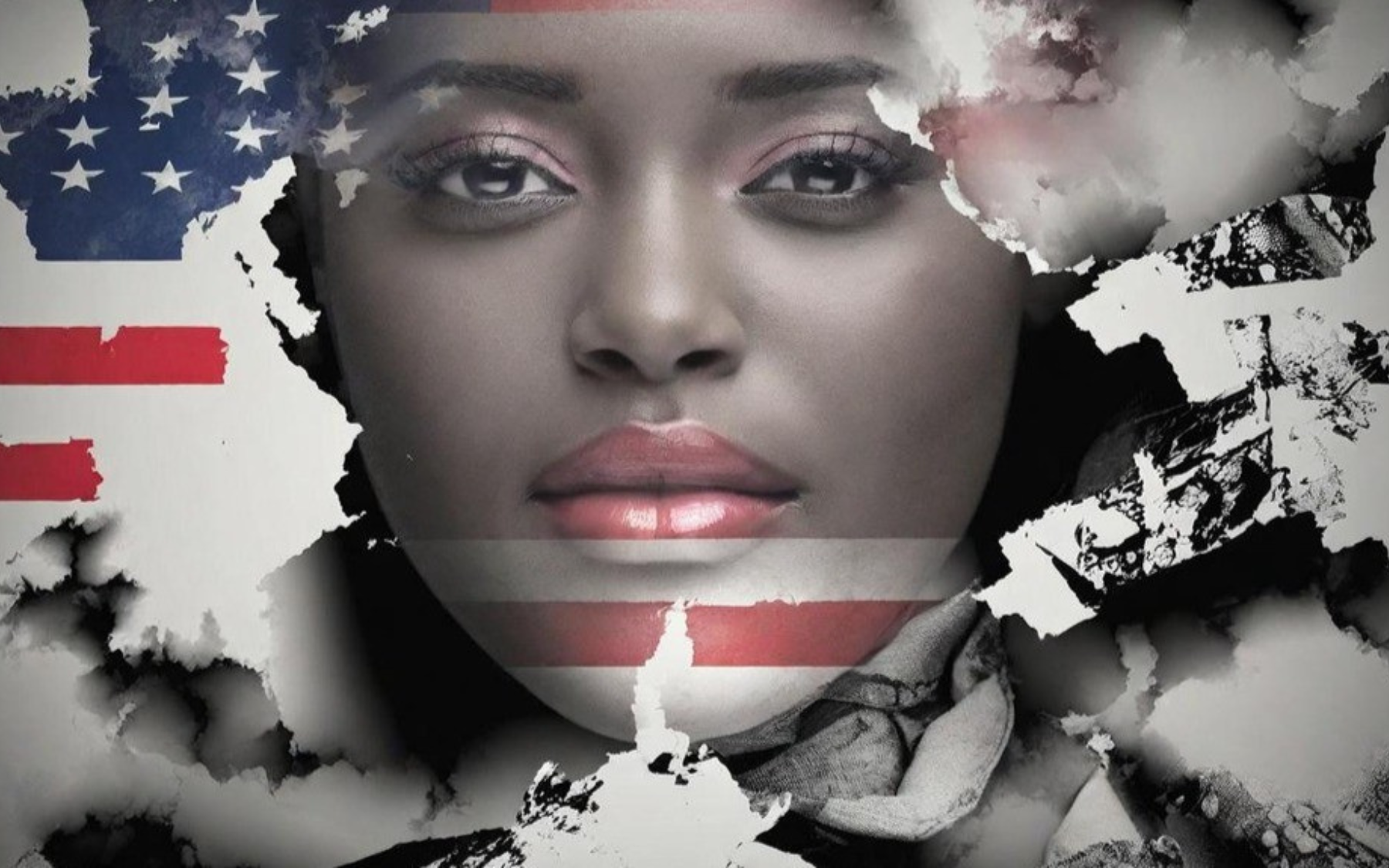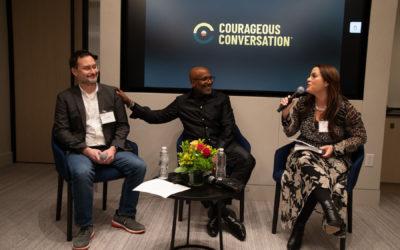By Glenn Singleton—August 30, 2025
Labor Day is often celebrated as a holiday won by workers who organized, marched, and demanded safer conditions and fair wages. However, the story of America’s labor movement is incomplete and does not acknowledge who was left out.
Historical segregation kept women and Black workers out of the most powerful unions. Despite this, Black women have always carried industries, families, and communities on their backs and were forced to insert themselves into labor struggles despite not being invited.
Black Women Led When History Looked Away
Even in the face of exclusion, Black women built movements. Hattie Canty, a hotel worker in Las Vegas, rose to become president of the Culinary Workers Union Local 226 and led one of the longest strikes in U.S. history, fighting for racial and gender equality in hospitality work. Dorothy Bolden, a domestic worker in Atlanta, founded the National Domestic Workers Union, organizing Black women whose labor had long been invisible. Addie Wyatt broke barriers in Chicago’s meatpacking industry, becoming the first Black woman president of her local union and co-founding the Coalition of Labor Union Women.
Although their names are not celebrated in most history books, their leadership reshaped what labor justice means. They linked wages to dignity, equity to freedom, and labor rights to civil rights. Without their contributions, America’s labor story would be unrecognizable.
Black Women Removed from the Workforce
Black women have labored — wanted and unwanted — in every sector of American society. Yet they remain underpaid, underappreciated, and overlooked. And now, their absence from the workforce has reached crisis levels.
In just three months this year, nearly 300,000 Black women left the U.S. labor force, with their participation rate falling below that of Latinas for the first time in over a year. More than 518,000 Black women still haven’t returned to work since the pandemic, leaving their real unemployment rate just above 10%.
This isn’t random. It is the result of a “double tax” — racism and sexism — compounded by this administration’s executive orders dismantling DEI programs across industries. Many of the very positions that Black women created, filled, and sustained — DEI directors, equity officers, program managers — have been eliminated. Their absence has reshaped the workforce, creating a labor force without the wisdom, leadership, and organizational skill they brought, often undocumented but always transformative.
Today’s Policies, Yesterday’s Losses
This moment did not arrive by accident. Many white women voting against their own interests during the last election helped cement an administration that has rolled back DEI, gutted social security, and cut into programs that working families depend on. These policies are not abstract; they hit communities directly.
In Baltimore and other predominantly Black cities, we see the consequences every day: diminished resources for education, fewer supports for families, and shrinking opportunities for upward mobility. We’ve seen this before. After Brown v. Board of Education, an estimated 38,000 Black teachers and 2,000 principals — many of them women — lost their jobs across the South. Some researchers place the true figure closer to 100,000, as Black educators were systematically pushed out of integrated schools. Progress on paper translated into loss in practice, stripping Black communities of trusted educators, role models, and economic stability.
Today, there isn’t even progress on paper — only an America that mirrors this administration’s image benefits, while communities of color pay the price.
Read more on LinkedIn.




